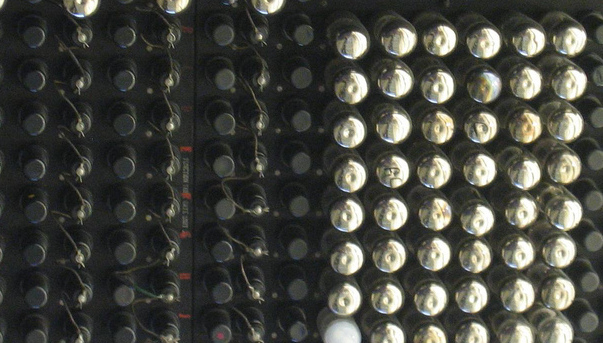A Study of 802.11 Bitrate Selection in Linux (January 2010).
I didn’t think too much of this paper when I wrote it as a term project in grad school. As an academic paper, it doesn’t really present anything novel. The equations underlying my wireless medium simulation, for example, are wholesale lifted from sources. In the few academic papers still being written on the subject, rate controllers that do not specifically look at collisions are old news (even though Minstrel tends to get loss differentiation implicitly through the magic of probability). Even at the time, looking at non-QoS 802.11 DCF and only 802.11a rates made the whole exercise a bit dated, and the world has definitely moved on in the intervening years. The paper did, however, find a few flaws (or perhaps over-exuberances) in Minstrel’s multi-rate-retry mechanism that may still be unfixed upstream, and many more flaws in PID (one I fixed upstream, but it is still not usable). I wanted to go back and redo the physical experiments before submitting patches to Minstrel, but life intervened.
However, I’ve recently been talking to the good folks at cozybit, who picked up where I left off by creating wmediumd (which does more or less the same thing but in a more polished fashion). There were still some things in my version that wmediumd lacks today, so I’m posting the paper to give it a slightly wider audience. I’d be interested to hear of any glaring flaws in the model or approach. Given time, I’d like to bring those missing features (namely, signal-level-based loss, and optional transmission time simulation) to wmediumd and repeat the experiments there.
As for the fixes to Minstrel, the basic theme is reducing the number of retries to avoid backoff, since at some point it is better to drop packets and send the next batch at a lower rate rather than retrying for tens of ms. This patch (untested) addresses one of the two points I mentioned in the paper. The other fix, to compute the backoff time per-slot, was an über-kludge in my experiments; I’ll have to see if there’s an upstreamable way to do that. Pretty much everyone (even for pre-11n devices) is using Minstrel-HT now, so it would be worthwhile to refresh and see if the issues were carried over there as well.
